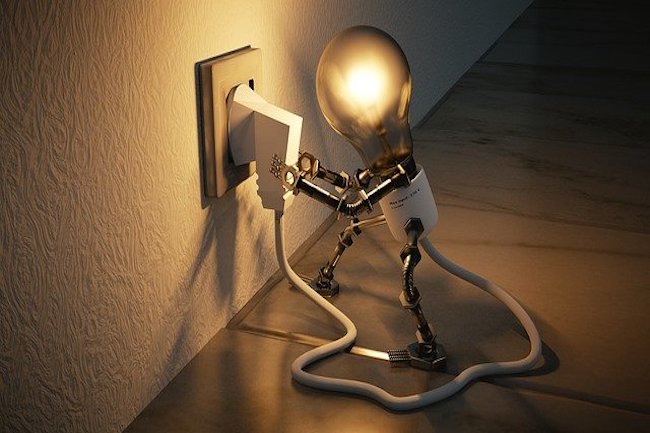The Internet of Bodies Will Change Everything, for Better or Worse from RAND
GNN Note – Going straight for the emotional hook is a sign they are you’re about to be played – don’t get played. This is serious, it may be in your body, right now. The technology they are discussing is likely contained in the jab you received for COVID19. / END
OVERVIEW
The rise of devices that connect the human body to the web is accelerating rapidly. This Internet of Bodies could revolutionize health care and improve our quality of life. But without appropriate guardrails, it could also jeopardize our most intimate personal information and introduce several ethical concerns.
Ross Compton was there when a fire ravaged his $400,000 home in Middletown, Ohio, in September 2016. Fortunately, Compton told investigators, he was able to stuff a few bags with several possessions—including the charger for an external heart pump he needed to survive—before shattering a window with his cane and escaping.
But as the smoke cleared, police began to suspect that Compton’s story was a fabrication.
His statements were inconsistent. The rubble smelled of gasoline. And it seemed implausible that someone fleeing a burning house—especially someone with a medical condition like Compton’s—could execute such a complex escape plan.
Eventually, investigators were able to indict Compton on felony charges of aggravated arson and insurance fraud. Their star witness? His pacemaker.
Police obtained a warrant to retrieve data on Compton’s heart activity before, during, and after the fire. After reviewing this information, a cardiologist concluded that it was “highly improbable” Compton would’ve been able to escape the flames so quickly, while lugging so many belongings.
Compton pleaded not guilty. His attorney argued that the pacemaker data should be thrown out; including it would violate doctor-patient privilege and Compton’s constitutional right to privacy, the lawyer said.
The case was strange, arguably sad, and fraught with difficult questions. Regardless of whether Compton really torched his house, should a life-saving device inside someone’s body be part of a case that might put them behind bars?




